Artificial Intelligence can help tackle some of humanity’s biggest challenges
From defeating disease to enabling the colonisation of other planets, Artificial Intelligence is set to make the impossible possible, scientists believe.
Scientists believe Artificial Intelligence (AI) will be a game changer in some of humanity’s biggest challenges – defeating disease, combating climate change and conquering the stars.
Here’s a taste of what it might do and some warnings about what could go wrong.
DEFEATING DISEASE
AI promises to completely transform how medical information is analysed, improving detection and diagnosis of disease.
Researchers from the University of South Australia have developed a tool using AI and a digital camera to detect facial palsy. Similarly, the CSIRO used AI to create a system that detects heart and lung conditions from X-ray images. And a team from ANU are using the technology to uncover the early signs of Alzheimer’s in blood samples.

Professor Aaron Quigley, the acting director of CSIRO’s Data61 program, said the potential of AI was proved during Covid-19, when the virus was mapped and vaccines were developed in record time.
AI is also helping us discover the “unknown unknowns” through literature-based discoveries. AI systems comb through scientific papers, looking for previously-unseen linkages between disparate discoveries and data to make new breakthroughs.
But health authorities want to make sure private medical information is protected, and experts say any system used for diagnosis needs to be kept accountable, up-to-date and accurate – unlike current large language model systems including the popular ChatGPT, which are notorious for making things up that sound plausible but are wrong.

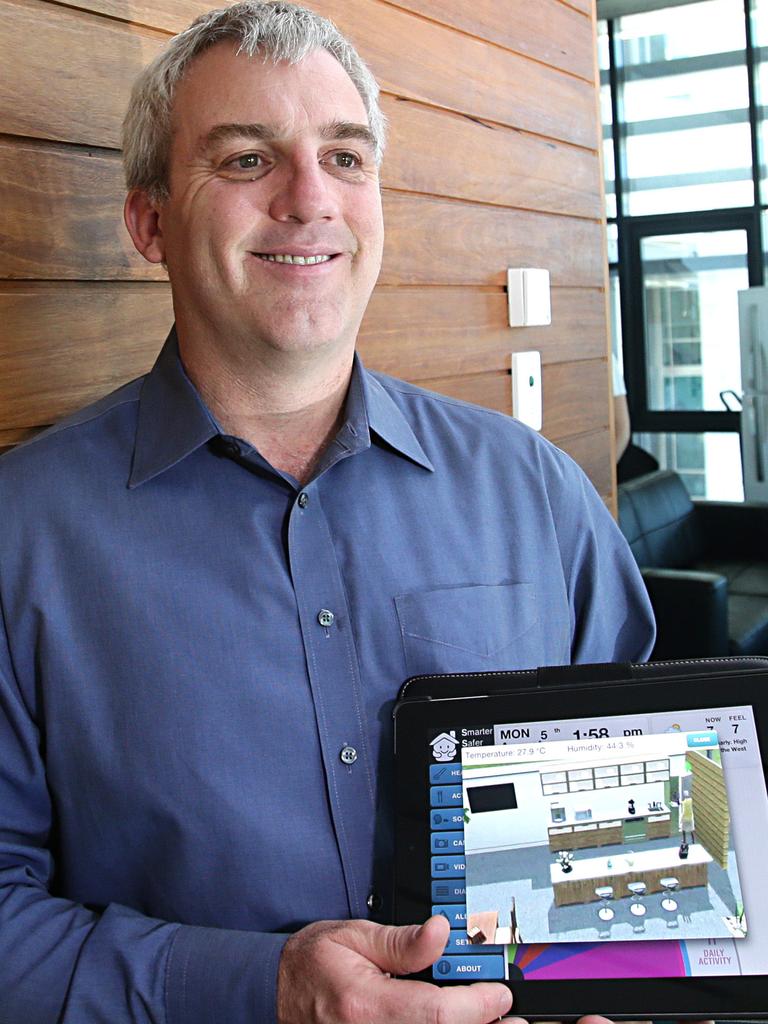
“We really don’t want it making stuff up in medicine, particularly if it’s got a clinical use,” Australian e-Health Research Centre chief executive officer David Hansen said.
He said other safeguards needed to include avoiding the “black box” nature of some current generation AI models, which confidently spit out answers without explaining how they got there.
“We need to be explaining how we got that answer, or why we got that answer,” he said.
NURTURING NATURE
AI is already being used to map habitats facing threats, such as Kakadu and the Great Barrier Reef, while it’s hoped it could also help limit damage caused by bushfires.
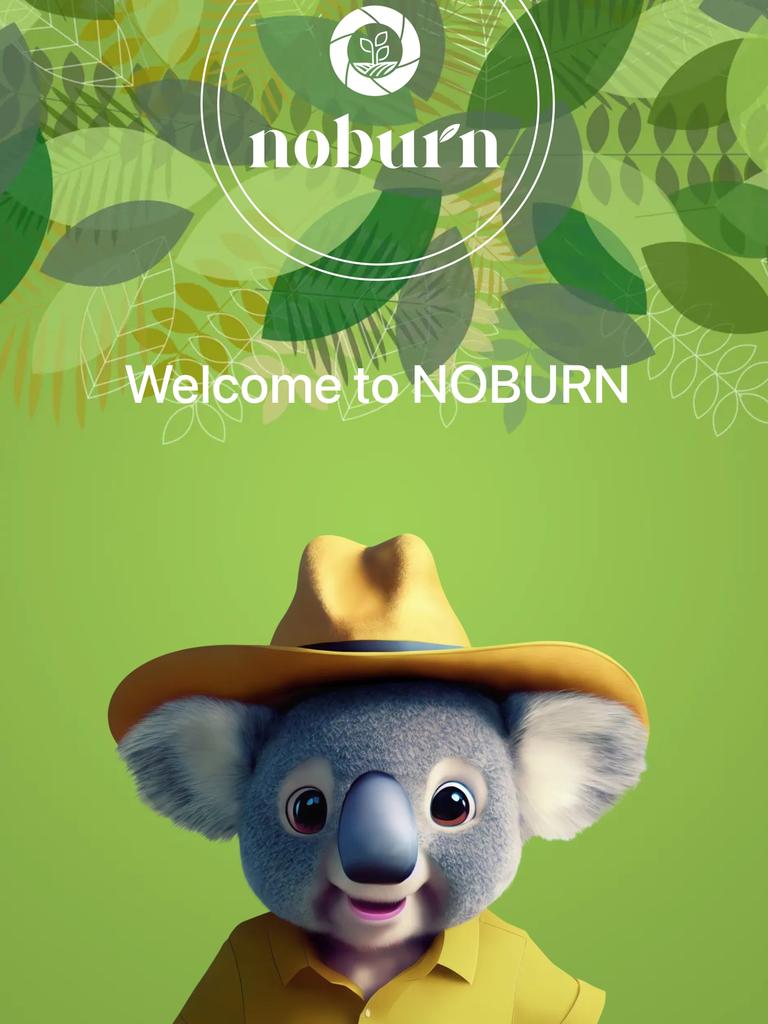
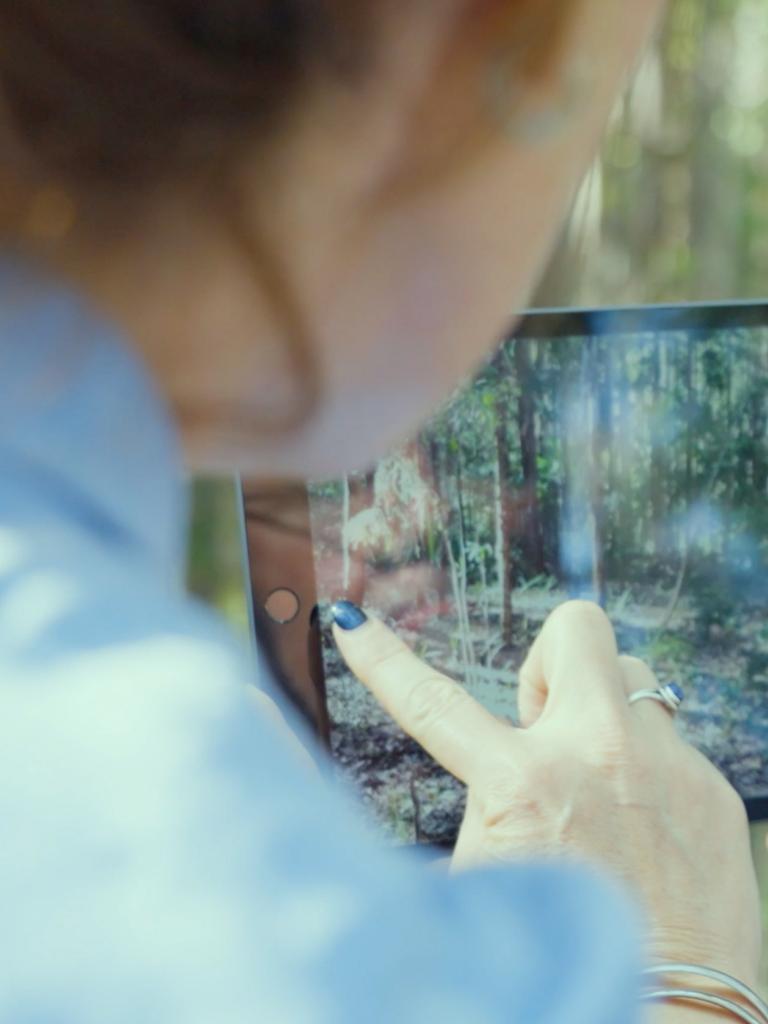
A new app called NOBURN allows people to upload pictures of bushland areas, which are then processed by AI to assess fuel loads and predict bushfire probability, severity and likely spread.
The technology could also help us predict the weather with greater accuracy. A machine learning model developed by Google DeepMind outperformed traditional methods in 90 per cent of predictions.
FINAL FRONTIERS
AI could help make life on Mars a reality. International researchers developed an AI robot that could correctly analyse the components of Martian meteorites, and calculate which materials inside could react to form oxygen.
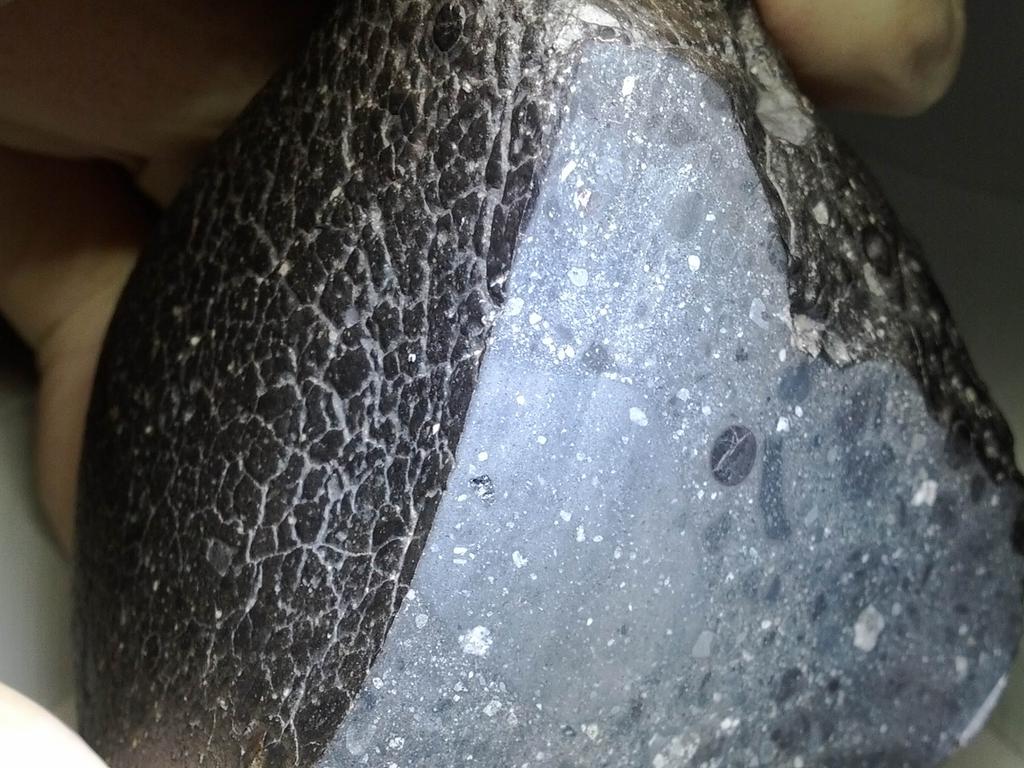
But even more remarkable breakthroughs could come. Using machine learning, a team at Carnegie Science in the US developed a method for determining – with 90 per cent accuracy – whether a rock sample had a biological origin.
Lead researcher Dr Robert Hazen said the method has the “potential to revolutionise the search for extraterrestrial life and deepen our understanding of both the origin and chemistry of the earliest life on Earth”.
WHAT COULD GO WRONG?
While AI holds the promise of multiple scientific breakthroughs, experts warn the systems are only as good as the data sets they rely on – and if that information is biased, skewed or incomplete, the AI output will be, as well.
One recent study of AI image generators found that if asked to create a picture of a surgeon, 98 per cent of the time it will be white and male. Researchers from the University of Tasmania found AI content generators also had a clear gender bias.
Prof Quigley said current AI tools “can answer sophisticated questions” but they may “stumble at a certain point” because data is not available to them.
“When we see [Chat GPT] doing very well on things … we immediately think that’s the same level of [detail] it’s going to bring to all branches of knowledge, and that’s not true,” he said. “In some branches of medicine … a lot of the data is private; it’s inside hospitals, it’s inside governments, but it’s not available on the web.”
POWER HUNGRY
The data centres needed to power the new generation of AI require huge inputs of energy. The demands are so big Microsoft is reportedly planning to use small module nuclear reactors to provide power rather than rely on fossil fuel electricity.
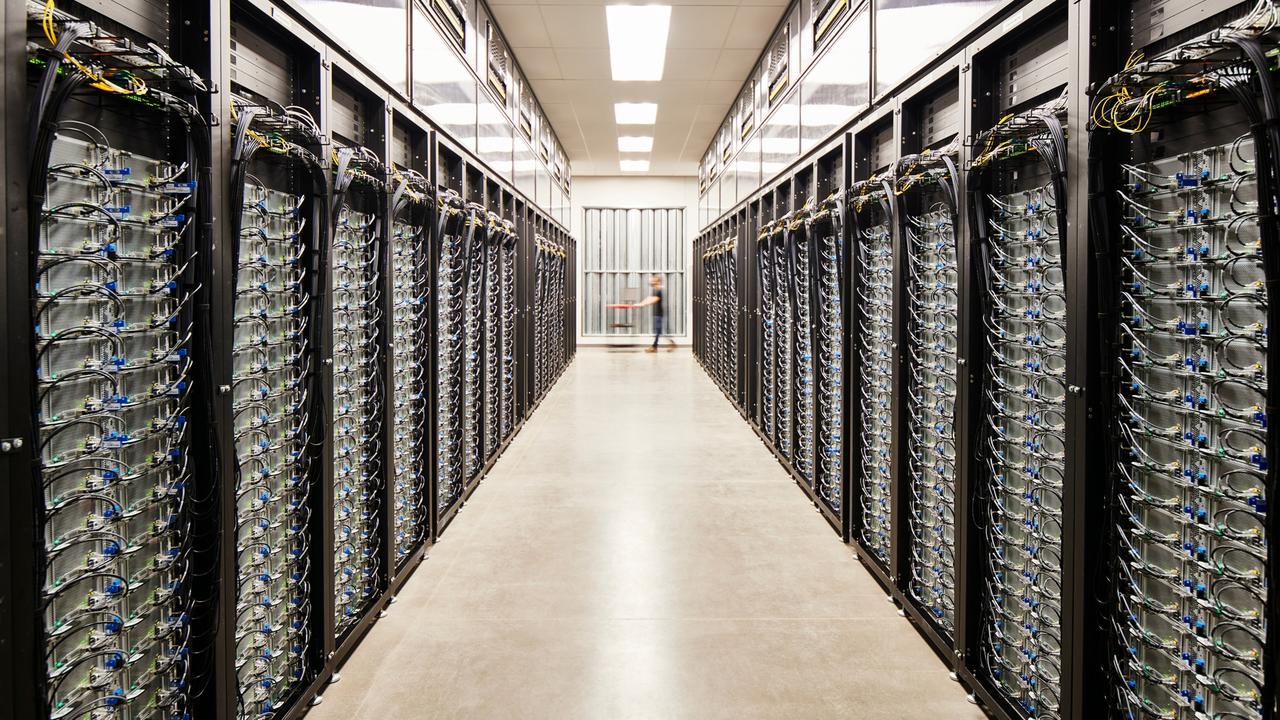
In Australia that’s not an option, given the ban on nuclear energy – meaning power will have to be sourced from renewables.
Prof Quigley said AI technology was “currently power hungry,” but the industry was always looking to become more efficient.
“Every time we look at the next generation of [AI technology] the power footprint dramatically improves,” he said.
More Coverage
Originally published as Artificial Intelligence can help tackle some of humanity’s biggest challenges




